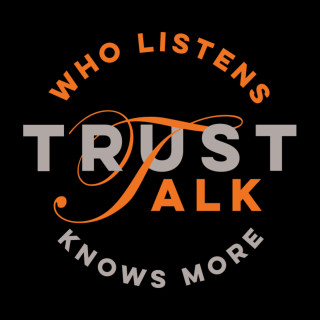Trade and Trust in Turbulent Times

Show notes
What happens to global trade when nations stop trusting each other? Our guest, Simon Evenett, Professor of Geopolitics and Strategy at IMD and co-chair of the World Economic Forum’s Global Future Council on Trade and Investment, offers a compelling look at how trust—or the erosion of it—is transforming the global trading system. He explains that international commerce has always depended on a degree of trust, even with rules in place. Since no rulebook is ever complete, trust and reputation step in to keep the system functioning.
Evenett reflects on the shift from trade as a cooperative force to trade as a geopolitical weapon. Governments increasingly use export controls and trade restrictions to serve foreign policy and national security goals, and global institutions like the WTO are struggling to keep up. The WTO, once a cornerstone of global trade, is now weakened, especially in areas where rules on export controls are thin or unenforceable.
He also examines the fallout from recent U.S. policies, particularly the “America First” agenda, which has eroded trust in the U.S. as a reliable trading partner. On the business side, Evenett notes that companies operating across borders are placing a growing premium on reliability. In today’s unpredictable world, trust has become a competitive advantage.
While some global trade remains essential—such as in raw materials—many firms are beginning to favor regional supply chains where political stability and trust are stronger. Evenett believes that rebuilding global trust won't necessarily require new institutions but rather a government recommitment to stable, predictable trade policies. He sees promise in smaller coalitions of like-minded countries forming “oases of stability” in an otherwise fragmented trade landscape.
His closing advice to future policymakers: spend more time understanding how businesses work. Trade policy detached from commercial realities risks is doing more harm than good.




